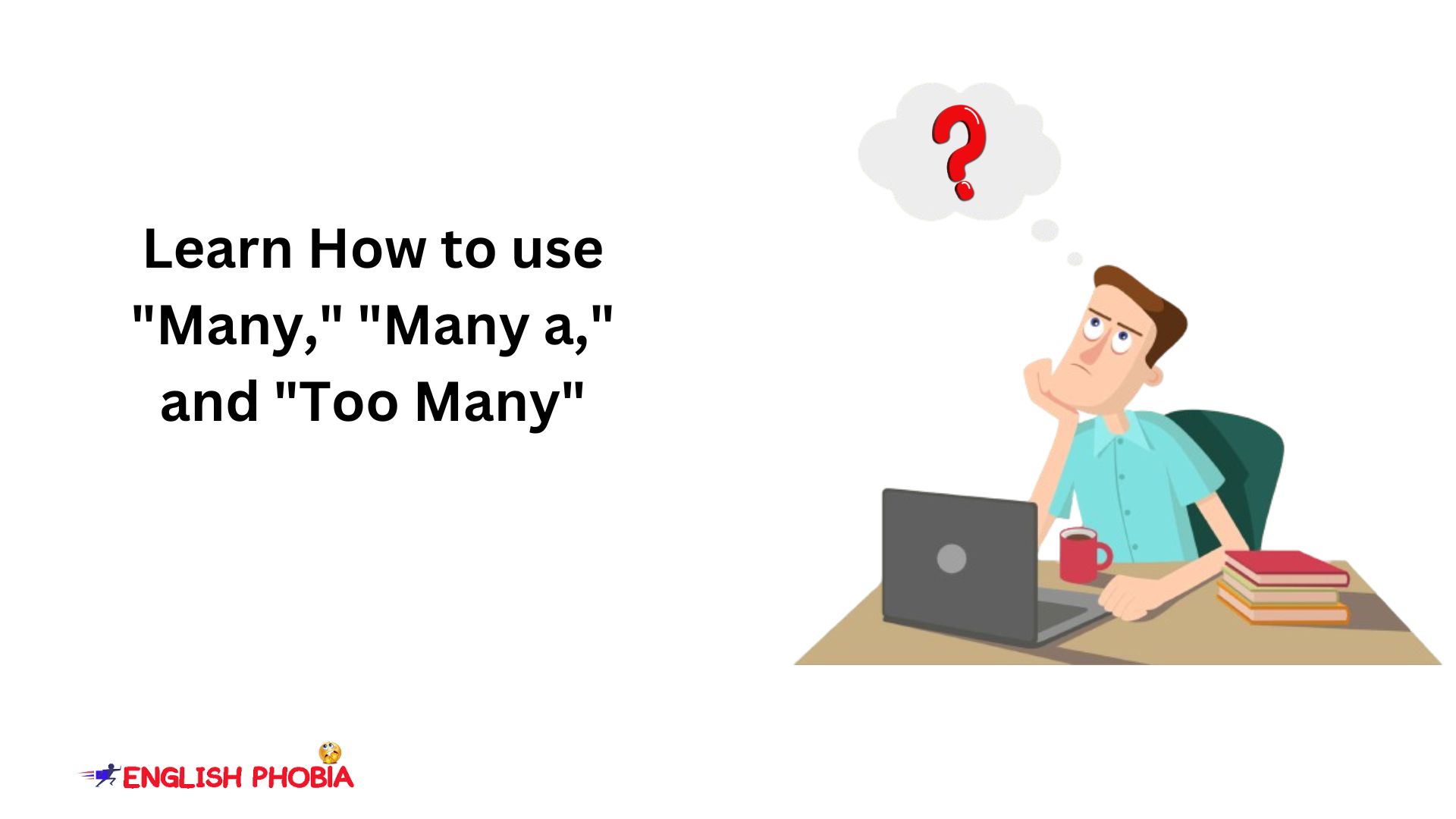There are various types of verbs in the English language with different names. You are going to learn all the types of Participles with detailed examples and additional rules.
You will learn
· The definition of a participle
· Types of participles with examples
· Additional rules for the usage
This article is going to be an amazing task for you all because it continues
You may be unknown to participles, but by the end of this article, you will know and learn about the rules and types of participles. We often feel confused about the selection of an appropriate action verb as per the tense. I am pretty sure that you wouldn’t have any problem choosing an accurate verb for your sentence.
Let’s learn the participle definition and examples first and then types.
A participle is a word that describes a type of action verb with different forms according to time and tense to show any activity.
Examples:- Learn, learning, and learning is the different forms of the same action verb.
In the last post, we discussed the amazing rules about verbs. There were some quite different types of rules about to + present particle. Here there will be some rules about the participle as well as Gerund.
There are 3 types of participle in English grammar.
1. Present Participle
2. Past Participle
3. Perfect Participle
The first part of participles is the Present participle
The present participle is a type of verb that is used in progressive tense as well as an adjective and performs different activities for each function.
As an action verb
Doing, studying, dancing, reading, searching, speaking, learning, etc.
1. They are doing their work.
2. People are studying from morning to evening these days.
3. She was searching for a gold coin in the garbage dump.
4. You are learning English Grammar step by step.
5. Now I am reading the Wings of Fire book.
As an adjective
Confusing, interesting, amazing, mind-blowing, burning, demanding, etc.
Examples
1. This is a very confusing task for me to identify the real gold.
2. She gave me an interesting task.
3. I played a mind-blowing trick to win the bed with a friend.
4. My friends are really amazing.
5. Writing for an English blog has become a demanding career opportunity.
These were present participle example with specific use to help you out for using them grammatically correct in your daily conversation.
Past participle
Past participle which is also known as the 3rd form of the verb is used in certain cases.
Perfect Tenses: we always use the past participle in the present, past, and future tense as well as an adjective.
Examples of an adjective
1. I am not at all interested in learning mathematics.
2. She was confused to choose the post accordingly.
3. An educated person is always respected in society.
4. She has a broken heart.
5. A self-motivated person can never give up in situations.
Examples in perfect tenses.
I have already applied for a home loan.
The train left after we had boarded.
She will have completed graduation in 2023.
Umesh has worked in my reputed organizations.
We have learned the amazing rules of the present indefinite tense.
Some additional Usages of Verbs
1. Have + object:- in this rule is for direct infinitive.
You can use this rule for an object to show somebody’s activity with a subject’s action.
i. I have my love to chat with.
ii. She will have his partner share her feelings.
iii. My parents have me to take care of them.
2. Won’t + have + Object + Gerund: used to show disapproval, disagreement, or refusal.
This rule is used to demonstrate that the subject will not allow the object to do so, you can have it clearly with the help of examples.
i. She won’t have the branch head asking her irrelevant questions at the interview.
ii. I won’t have them talking badly about their teacher.
iii. I won’t have her being seen off easily with anyone else.
Perfect infinitive
This is the last type of infinitive wherein we will share interesting rules about the perfect infinitive rules with detailed explanations.
The perfect infinitive is used only in a certain case when an action expressed by an infinitive precedes the action of a finite verb or in other a perfect infinitive is used to express an action of an infinitive verb as a prior action to display a finite verb’s activity. Let’s look at the example for a clear view of it.
Examples
He planned to have completed this project before 12 o’clock.
I accept to have applied for several jobs some days ago.
They regret having gone away before the party.
There are several verbs that you can use to make sentences using the perfect infinitive.
Deny, recollect, admit, confess, remember, claim, regret, recollect, seem, appear, report, believe, understand, say, allege, suspect, learn, require, suppose, etc.
My teacher still remembers to have sent me for an interview.
The terrorists denied having killed any army personnel.
She seems to have made the mistake again.
My boss claimed to have given me a job to maintain the attendance register.
The Perfect Participle.
A participle is used as a participle clause with the togetherness of (Having + V3) is known as a perfect participle. It is a kind of clause that has a participle in place of a finite verb.
Examples
1. Having cleaned my room, I found a ten rupees note.
2. Having finished talking to her, I came to the conclusion that she was right.
3. Having had my breakfast, I went on the roof to have sunlight.
4. Having written the article, she rechecks it.
5. Having made the loopholes, we repent for it.
I hope that you are familiar with what is participle in English grammar with examples. If you still have any doubts about any of the above-mentioned participles, kindly let us know in the comments below.











